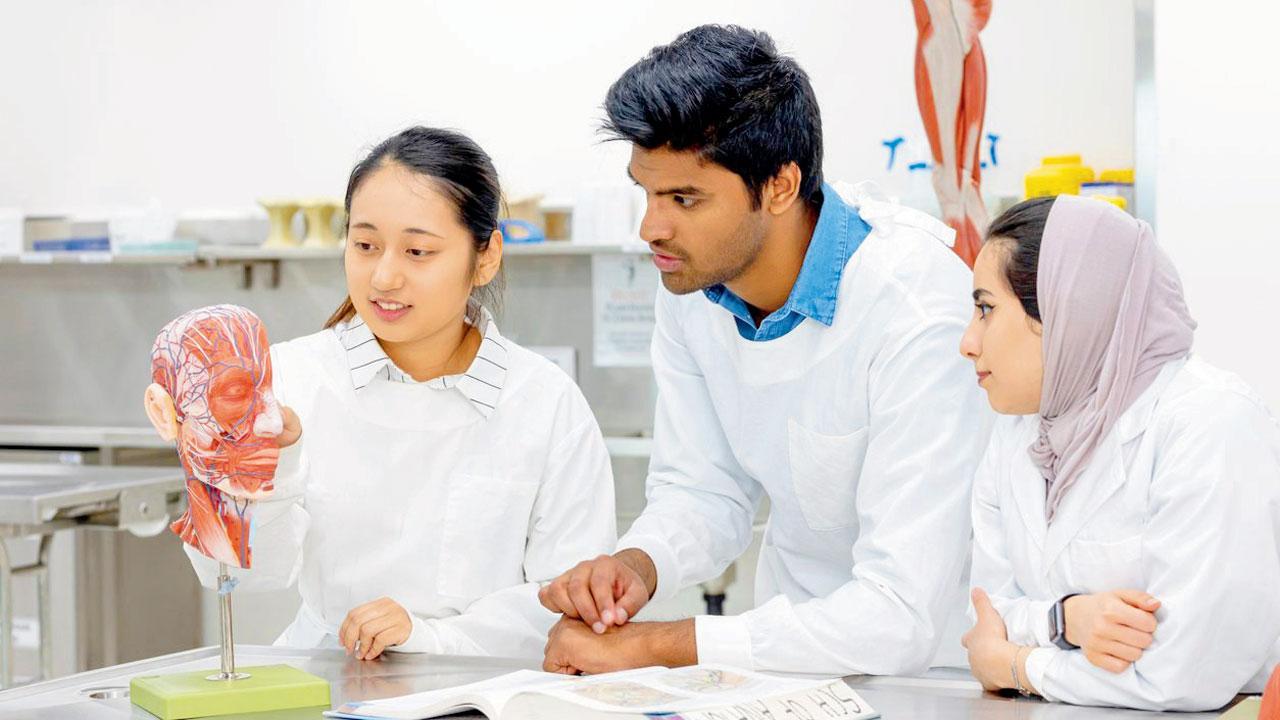Regulatory body says parents won’t be forced to send their children abroad if fees for seats in govt colleges slashed

About 51.9 per cent of MBBS seats in India belong to the government quota
Is a medical degree from abroad a win-win situation for stakeholders and the nation? Should the Indian middle-class and low-income families be stretching their resources for this? The National Medical Commission, the apex body that regulates medical education and medical professionals in the country, is trying to resolve this challenge by recommending the removal of the age bar for entry to MBBS and lowering of fees for seats in government colleges.
ADVERTISEMENT
The NMC’s recommendations have been sent to the Government of India after an extensive study by experts. “We have recently published our findings in the National Medical Journal and have even made our submissions and recommendations to Union Ministry of Health, Government of India, which is in the process of finalising the same,” said Dr Aruna Vanikar, President Under Graduate Medical Board, NMC.
“We have also proposed that the minimum age criteria of 25 years for MBBS entrance should be done away with. We have suggested no age limit and that anyone keen on studying medicine should be able to do it. For this, we have already increased the medicine seats in government-run medical colleges, across the country, so that parents from middle class and lower middle class will stop and think before sending their children abroad for medical education. Also, the NMC has appointed a different committee to look into the revised fees for medical courses,” explained Dr Aruna. She said the Union health ministry will need to seek Parliament’s approval to turn the recommendations into directives.
Too few doctors
As of March 2019, Centre’s data showed, the country’s doctor-population ratio was 1:860, better than WHO recommendation of 1:1,000. However, there has been an inequitable distribution of doctors across the nation, with the situation in urban areas being better than rural pockets. According to the Union health ministry data, there were 80,312 MBBS seats in India in 2020. While the fee for the entire course is Rs 4.4 lakh in three government colleges in Punjab, it goes up to Rs 70 lakh at some private colleges.
NEET scenario
About 14 lakh students took the NEET, the all-India medical entrance test, in 2020 and 5.8 per cent got into medical colleges. Still, a number of MBBS seats were not vacant in 2021, which could be due to prohibitively high fees. About 51.9 per cent of seats belong to the government quota. Those desperate for a medical degree pursue courses abroad or in CIS (Commonwealth of Independent States) countries like the Philippines, Bangladesh, Nepal and China.
Another issue, Dr Aruna said, education in most foreign countries is conducted in the local language and learning medical terminologies in languages other than English become an uphill task for Indian students. “This may not turn out to be cost-effective in terms of energy, mental stamina and finances spent to obtain a medical graduation degree in these countries. If the language of communication is English, these students are taught in separate schools than their local peers. A majority of these students get no/minuscule clinical exposure, which is the mandatory foundation for becoming a good doctor,” said Dr Aruna.
Uncertain future
While parents spend between Rs 15 lakh and Rs 40 lakh for medical education abroad, of 38,150 such MBBS students, about 18.9 per cent cleared the mandatory exam registration to practise medicine in India between 2015 and 2018. “The National Medical Commission is trying to resolve this issue by removing the age bar for entry to MBBS and recommending lowering of fees for MBBS in government colleges,” said Dr Aruna. The study suggests ways to turn the situation on its head. Suggestions by NMC include: (i) to build a robust system to improve upon the quality of medical education imparted across the nation; (ii) to try to minimise the gap between the level of education imparted in different institutions.
 Subscribe today by clicking the link and stay updated with the latest news!" Click here!
Subscribe today by clicking the link and stay updated with the latest news!" Click here!








